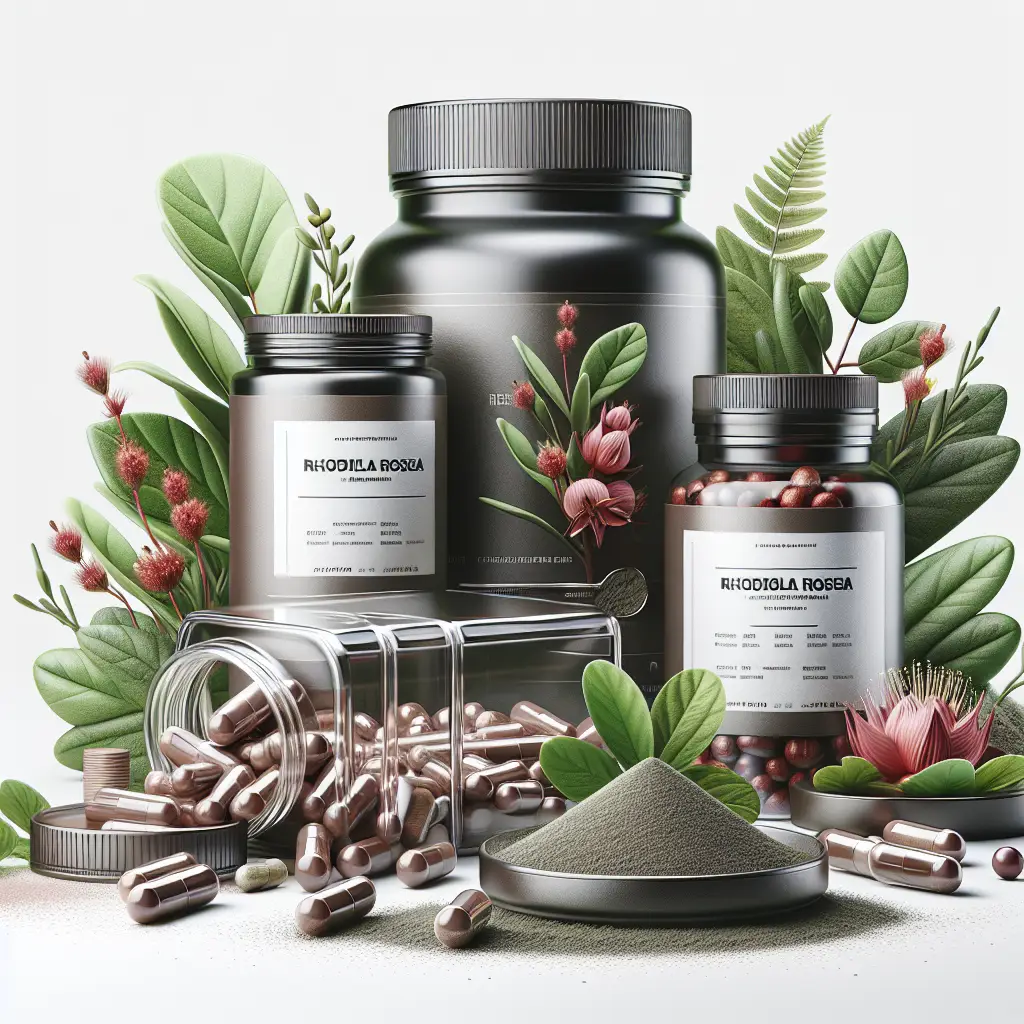Kudzu
What is Kudzu?
Kudzu, scientifically known as Pueraria lobata, is a climbing vine native to East Asia, particularly China and Japan. It belongs to the legume family and has been used in traditional medicine for centuries. The plant is rich in isoflavones, compounds that have antioxidant properties, and its roots, flowers, and leaves are used for various health benefits. Kudzu is known for its ability to grow rapidly, often covering anything in its path, which is why it is sometimes referred to as "the vine that ate the South" in the United States, where it has become an invasive species.
Benefits of Kudzu
- Alcohol Reduction: Kudzu has been studied for its potential to help reduce alcohol consumption. Some research suggests that extract from its root may decrease the desire for alcohol, which can aid people looking to control their drinking.
- Menopausal Symptom Relief: The isoflavones in kudzu can mimic estrogen, which may help alleviate certain menopausal symptoms such as hot flashes and mood swings.
- Cardiovascular Health: Kudzu has been shown to support heart health by improving blood flow and reducing cholesterol levels.
- Anti-Inflammatory Properties: The antioxidants present in kudzu may reduce inflammation and oxidative stress, providing potential relief for chronic inflammatory conditions.
- Blood Sugar Regulation: Kudzu's impact on blood sugar can benefit diabetes management, with some studies showing improved glucose uptake and insulin sensitivity.
Types or Forms Available of Kudzu
- Kudzu Root Powder: A commonly available form that can be added to smoothies, teas, or used in cooking.
- Kudzu Extract: Concentrated forms that are typically available in capsules or liquid tinctures for easier supplementation.
- Tea: Kudzu can also be consumed as a herbal tea, offering a soothing and beneficial drink.
How to Use Kudzu
The recommended dosage of kudzu can vary depending on the form:
- Kudzu Root Powder: Typically 1 to 2 teaspoons per day, mixed with water or food.
- Kudzu Extract: 300 to 500 mg per day, though it’s essential to follow product labels for specific instructions.
- Tea: Brew 1-2 teaspoons of dried kudzu root in hot water for 10-15 minutes, consuming 1-2 cups per day.
Timing isn’t significantly crucial with kudzu; however, those looking to manage alcohol cravings might benefit from taking it before social events.
Side Effects and Considerations of Kudzu
Kudzu is generally considered safe for most people when used appropriately. However, potential side effects may include:
- Gastrointestinal disturbances such as nausea or diarrhea.
- Possible interactions with medications, particularly those for diabetes or anticoagulants, due to its blood sugar-lowering effects.
- Allergic reactions in sensitive individuals.
Pregnant or breastfeeding women, as well as those with hormone-sensitive conditions or on medication, should consult with a healthcare provider before using kudzu.
Foods Rich in Kudzu
Kudzu is not commonly consumed as a food in Western diets. However, traditional Asian foods may incorporate kudzu starch derived from its roots, used in various recipes as a thickening agent.
Common Myths About Kudzu
- "Kudzu is only a weed with no benefits." False. While it is considered invasive in some regions, it has significant traditional uses and health benefits.
- "Kudzu causes drowsiness." Misinterpretation. While it may help with relaxation, it does not universally cause drowsiness and can vary from person to person.
- "Kudzu is only for alcoholics." False. Kudzu offers health benefits for a variety of conditions and its consumption isn't limited to those with alcohol dependency issues.
Conclusion
Kudzu is a versatile plant with numerous health benefits, ranging from alcohol reduction to support for menopausal symptoms. With various application forms available, it offers an approachable means to harness its potential advantages in health and wellness. As with any supplement, individual responses may vary, and it’s crucial to use kudzu judiciously, particularly for those with underlying health conditions or who are on certain medications.















